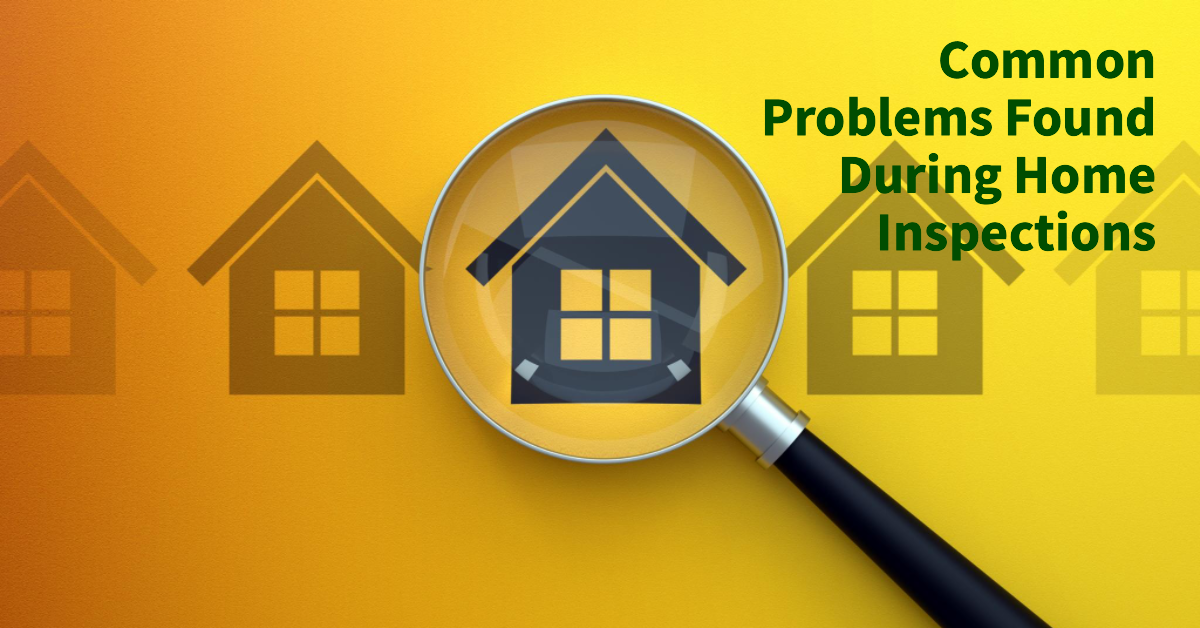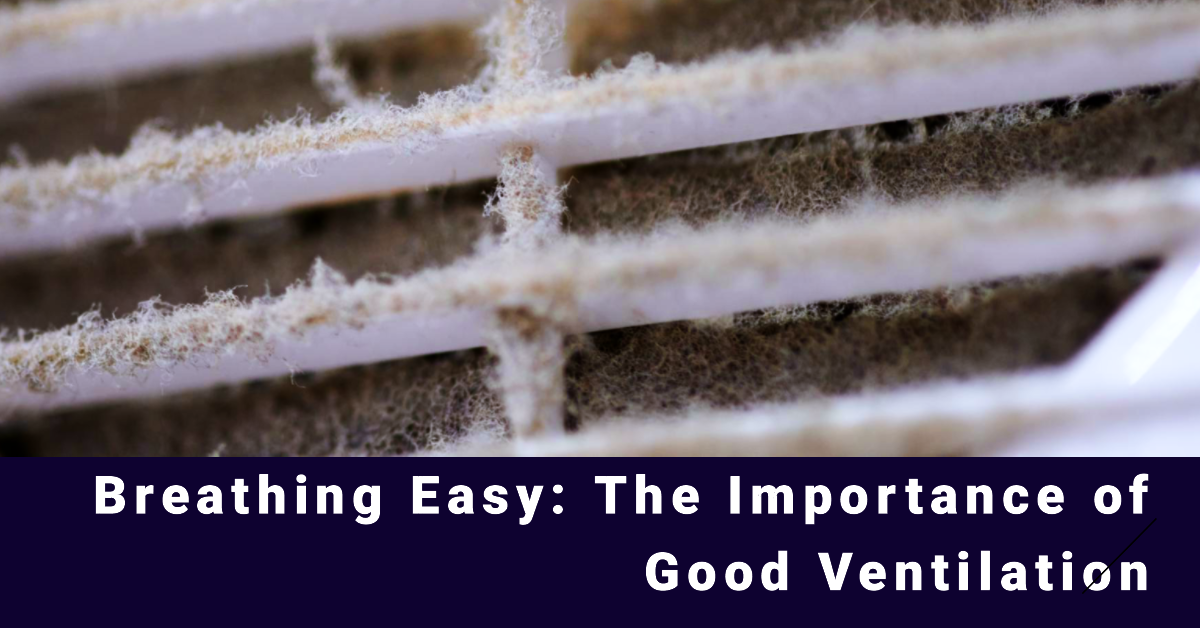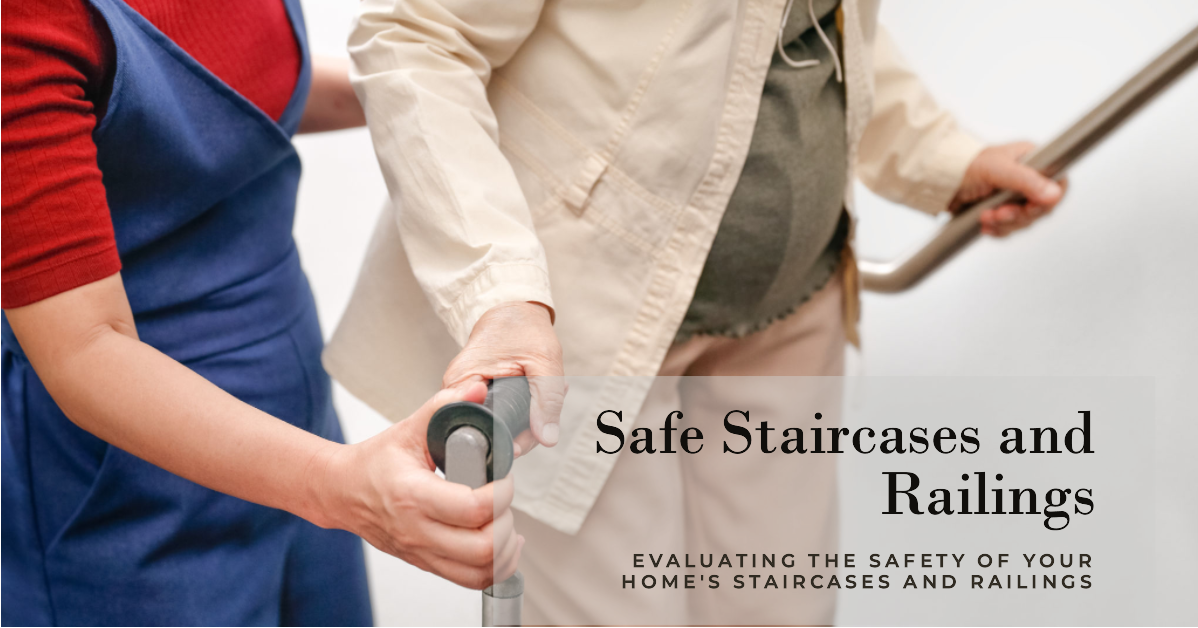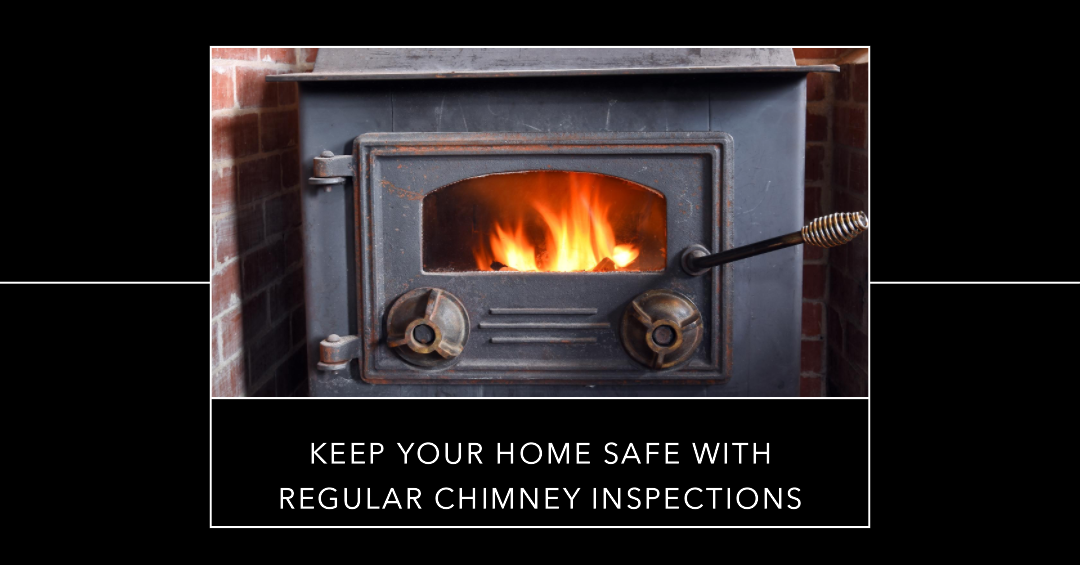In New Jersey, the cost of a home inspection typically ranges from $250 to $1000 or more, depending on the factors mentioned below. It's e...
Common Problems Found During Home Inspections

Home inspections play a vital role in the home-buying process, providing buyers with valuable insights into the condition of a property. During a comprehensive home inspection, professional inspectors thoroughly evaluate various aspects of a home, from its structure to its systems and components. In this blog, we will explore some of the common problems that are frequently identified during home inspections, helping potential buyers to be aware of what to look out for when assessing a property's condition.
Roofing Issues:
Roof problems are among the most common issues found during home inspections. Inspectors often discover missing or damaged shingles, leaks, or signs of improper installation. These problems can lead to water damage, mold growth, and compromised structural integrity if left unaddressed. Assessing the overall condition of the roof, including its age, potential leaks, and the presence of adequate ventilation, is crucial during a home inspection.
Electrical Wiring:
Electrical problems pose significant safety risks. Home inspections frequently uncover outdated or improperly installed electrical wiring, overloaded circuits, faulty outlets, or inadequate grounding. These issues can increase the risk of electrical fires and electrical shocks. Ensuring that the electrical system is up to code and functioning properly is essential for the safety and well-being of the occupants.
Plumbing Deficiencies:
Plumbing problems can range from minor leaks to major issues that require significant repairs. Common plumbing issues identified during home inspections include leaky faucets, malfunctioning toilets, inadequate water pressure, and corroded pipes. Inspectors also check for signs of water damage, such as stains or mold growth, as they can indicate hidden plumbing problems. A thorough inspection of the plumbing system helps identify potential issues that may require immediate attention or affect the overall functionality of the home.
Structural Integrity:
The structural integrity of a home is critical for its long-term stability and safety. Inspectors carefully examine the foundation, walls, and support structures for signs of cracks, settlement, or shifting. These issues can indicate structural problems that may require costly repairs. It is essential to address any structural concerns promptly to prevent further damage and ensure the overall stability of the property.
HVAC System:
Heating, ventilation, and air conditioning (HVAC) systems are responsible for providing comfort and maintaining indoor air quality. During a home inspection, inspectors assess the functionality and condition of the HVAC system. They check for proper installation, maintenance, and signs of inefficiency. Common problems include malfunctioning thermostats, inadequate insulation, clogged filters, or aging equipment. Identifying HVAC issues allows buyers to understand potential repair or replacement costs and evaluate the system's performance.
Grade Sloping (or Draining) Back Toward the Home:
The grading of a property refers to its slope or drainage pattern. It is essential for the land around the home to slope away from the foundation, allowing water to flow away from the house. Inspectors often identify grading issues, such as improper slopes or inadequate drainage systems, which can lead to water pooling near the foundation. This can result in basement flooding, water damage, and compromised structural integrity. Correcting grade sloping problems may involve regrading the landscape or installing drainage systems to redirect water away from the home.
Knob and Tube Wiring (1900-1950):
Homes built between 1900 and 1950 may still have knob and tube wiring, an outdated electrical system. This type of wiring is considered obsolete and poses several safety risks. Inspectors often flag knob and tube wiring due to its inability to handle modern electrical demands and its increased fire hazard potential. If identified, buyers may need to consider rewiring the home to ensure safety and compliance with current electrical standards.
Orangeberg Sewer Piping (1942-1958):
Homes constructed between 1942 and 1958 may have Orangeberg sewer piping, a type of sewer line made from tar paper. Over time, this material can deteriorate, causing pipe collapses, clogs, and sewer backups. Inspectors carefully assess the sewer system, and if Orangeberg piping is present, buyers should consider replacing it with more durable and reliable modern piping materials to avoid potential plumbing issues and costly repairs.
Defective ABS Piping (1984-1990):
Homes built between 1984 and 1990 may have used ABS (Acrylonitrile Butadiene Styrene) piping for plumbing systems. Inspectors may identify defective ABS piping, which was prone to failure due to manufacturing issues. These failures can result in leaks, water damage, and mold growth. If defective ABS piping is found, buyers should consider replacing it with more reliable materials to ensure the integrity of the plumbing system.
Mold and Moisture Issues:
Mold growth and excessive moisture are common concerns found during home inspections. Inspectors thoroughly check for signs of mold, water stains, or musty odors. Excessive moisture and mold can indicate poor ventilation, leaks, or underlying structural issues. Proper remediation and addressing the root cause are crucial to maintain a healthy living environment and prevent further damage.
Conclusion:
A home inspection is a crucial step in the home-buying process, providing buyers with essential information about a property's condition. Understanding the common problems identified during home inspections allows buyers to be better prepared and make informed decisions. From roofing issues and electrical wiring problems to plumbing deficiencies, structural integrity concerns, and HVAC system malfunctions, being aware of these common issues empowers buyers to address any potential problems and negotiate effectively. Remember, a thorough inspection conducted by a qualified professional can help ensure a smooth and successful home purchase while safeguarding your investment and peace of mind.
2023-07-12 17:28:25





